Cats are fascinating creatures, often known for their independent nature and mysterious behavior. However, beneath that aloof exterior lies a depth of emotion that many cat owners may not fully appreciate. When a beloved companion, whether human or fellow pet, passes away, cats can experience grief. Understanding how cats express this grief and learning how to support them can make a significant difference in their healing process.
Understanding Cat Emotions
Cats, like humans, are capable of feeling a wide range of emotions. While they may not display their feelings as openly as dogs or humans, their emotional world is rich and complex. Cats form strong bonds with their owners and fellow animal companions. When these bonds are broken due to loss, cats can experience true grief. Recognizing that cats have emotional depth is the first step in supporting them through difficult times.
Signs of Grief in Cats

Cats express grief in various ways, some of which might be subtle. You may notice changes in their behavior such as decreased appetite, increased vocalization, or withdrawal from social interaction. A cat grieving the loss of a companion may also sleep more or less than usual and show signs of restlessness. Understanding these signs can help cat owners empathize with their feline friends during times of loss.
Changes in Eating Habits
One of the more noticeable signs of grief in cats is a change in their eating habits. Some cats may lose their appetite entirely, while others may eat more as a way of coping. It’s essential to monitor your cat’s food intake during this time. Encourage them to eat by offering their favorite treats or trying different types of food. Maintaining a regular feeding schedule can also provide a sense of normalcy.
Altered Sleep Patterns
Grieving cats may experience changes in their sleep patterns. Some may sleep excessively, using rest as a means to escape their feelings, while others may become restless and struggle to settle down. Providing a comfortable and quiet sleeping area can help your cat feel secure. Consistency in their environment and routine can also assist in stabilizing their sleep patterns.
Increased Vocalization
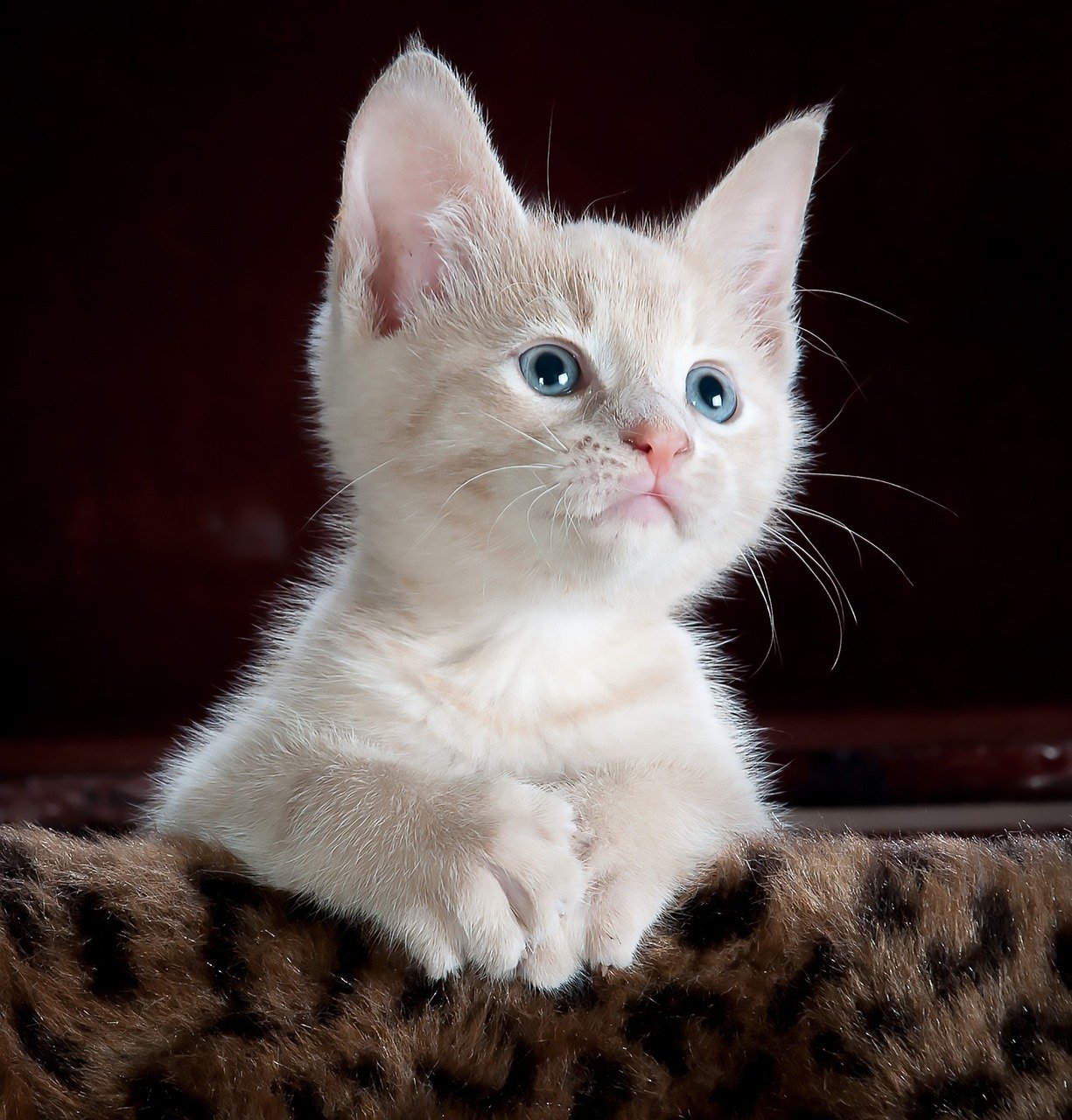
Cats communicate through a variety of sounds, and increased vocalization can be a sign of grief. If your cat is meowing more than usual, it may be seeking comfort or expressing confusion and sadness. Responding with gentle affection and calmness can reassure your cat that they are not alone. Your soothing presence can be a balm to their troubled heart.
Withdrawal from Social Interaction
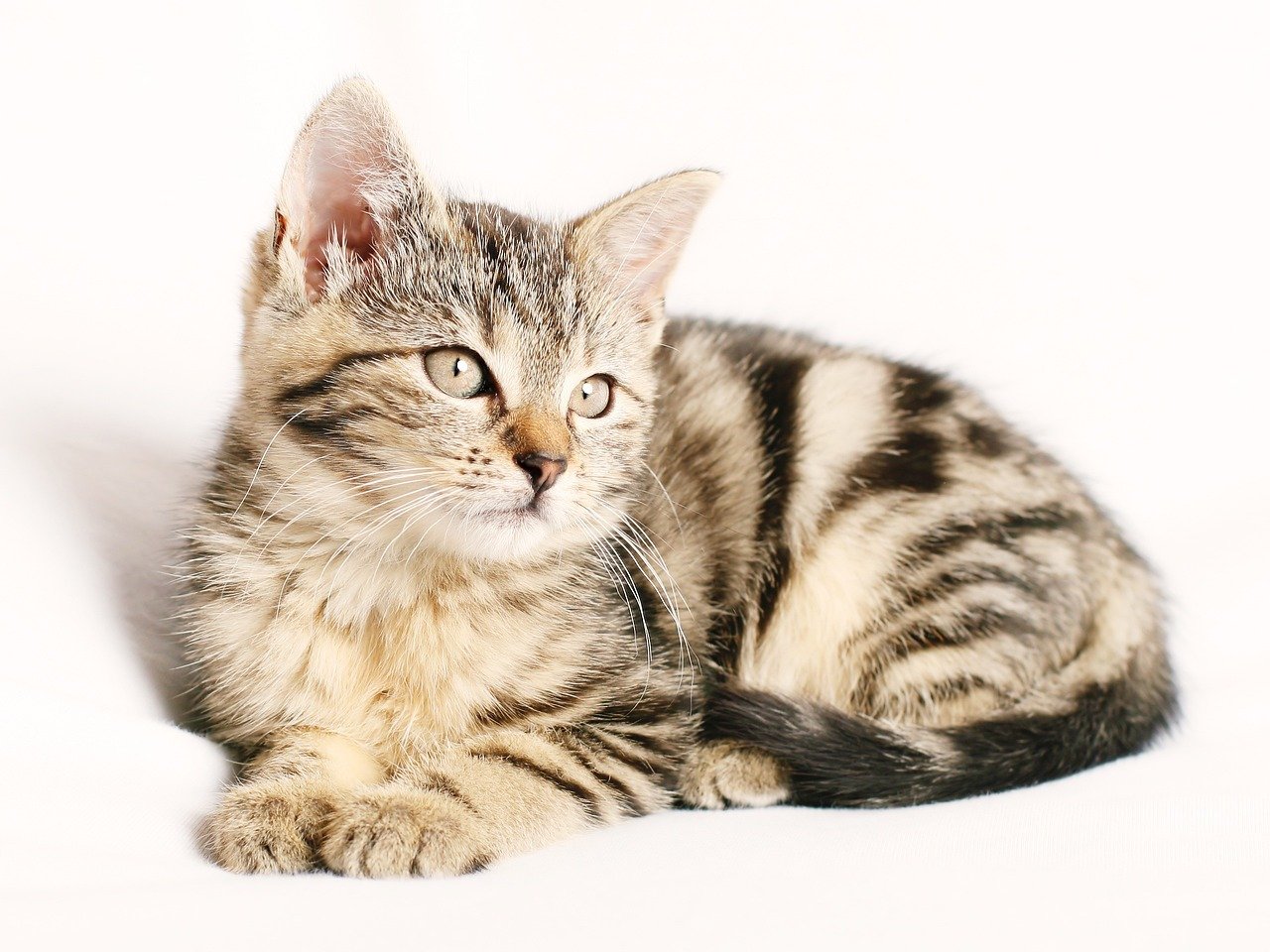
A grieving cat may withdraw from social interaction, choosing to isolate itself from both people and other pets. This behavior is similar to how some humans deal with grief. It’s important to give your cat space while still offering opportunities for interaction. Gently coaxing them with toys or treats can help encourage them to re-engage with their environment at their own pace.
Heightened Sensitivity
During times of grief, cats can become more sensitive to changes in their environment. They might react strongly to loud noises or sudden movements. To support your cat, try to maintain a calm and stable environment. Limit disruptions and provide a safe space where your cat can retreat if they feel overwhelmed.
Seeking Solace in Familiar Smells
Cats rely heavily on their sense of smell, and familiar scents can offer comfort during times of grief. Providing items that carry the scent of their lost companion, such as bedding or toys, can help ease their distress. These familiar smells can serve as a reminder of the bond they shared, offering solace in their absence.
Offering Comfort Through Routine
Cats find comfort in routine, and maintaining a consistent daily schedule can provide them with a sense of security. Regular meal times, play sessions, and quiet moments can help ground your grieving cat. By establishing a predictable routine, you offer them stability in a world that suddenly feels uncertain.
The Power of Play
Engaging your cat in play can be an effective way to help them cope with grief. Play stimulates their mind and provides a healthy outlet for pent-up emotions. Interactive toys or simple games like chasing a string can distract your cat from their sadness and remind them of the joy in life.
Creating a Safe Space
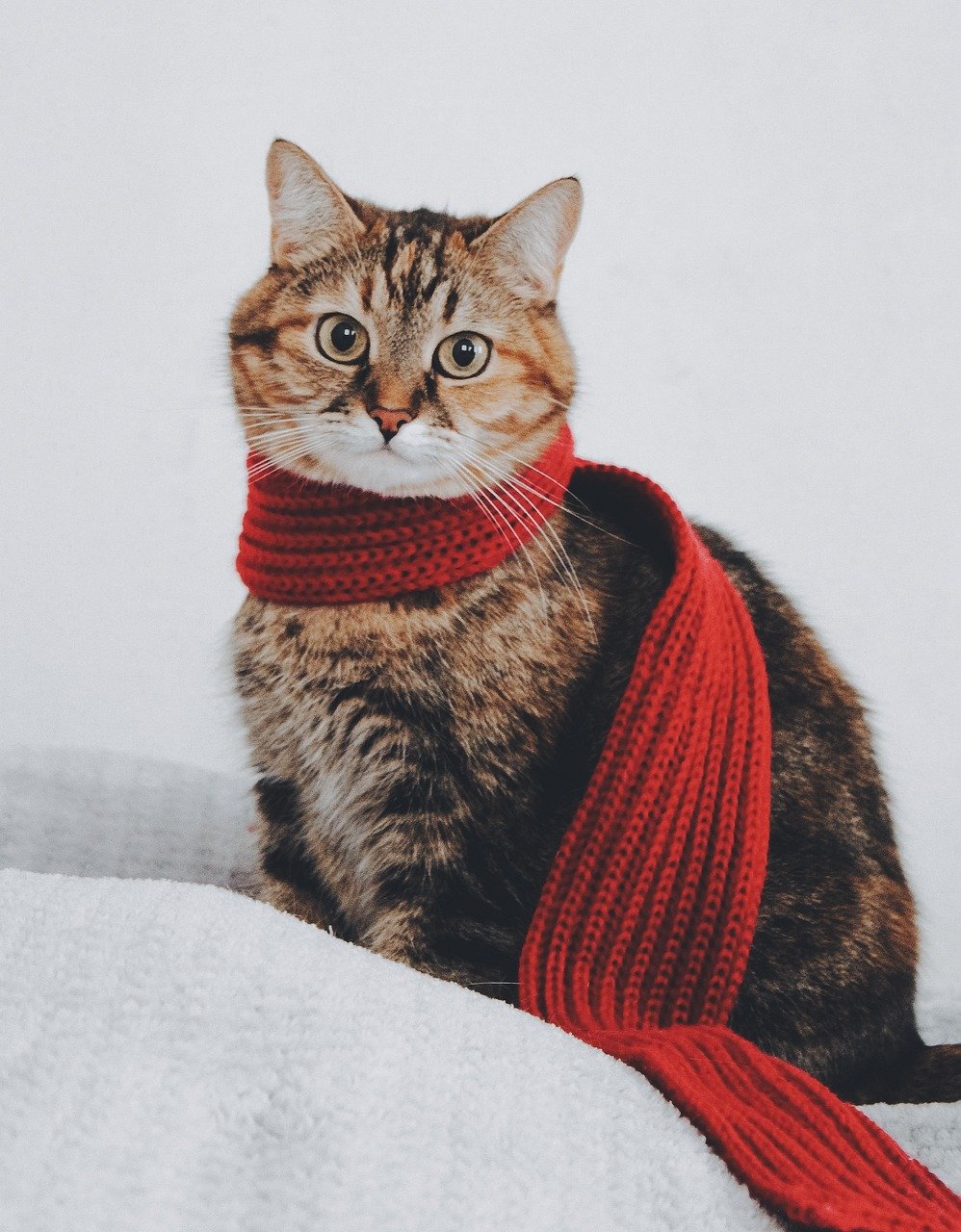
Providing a safe and cozy space for your grieving cat is essential. This area should be free from disturbances and filled with their favorite toys, blankets, and a comfortable bed. A safe space allows your cat to retreat when they need solitude, offering them a sanctuary to process their emotions.
Encouraging Socialization with Other Pets
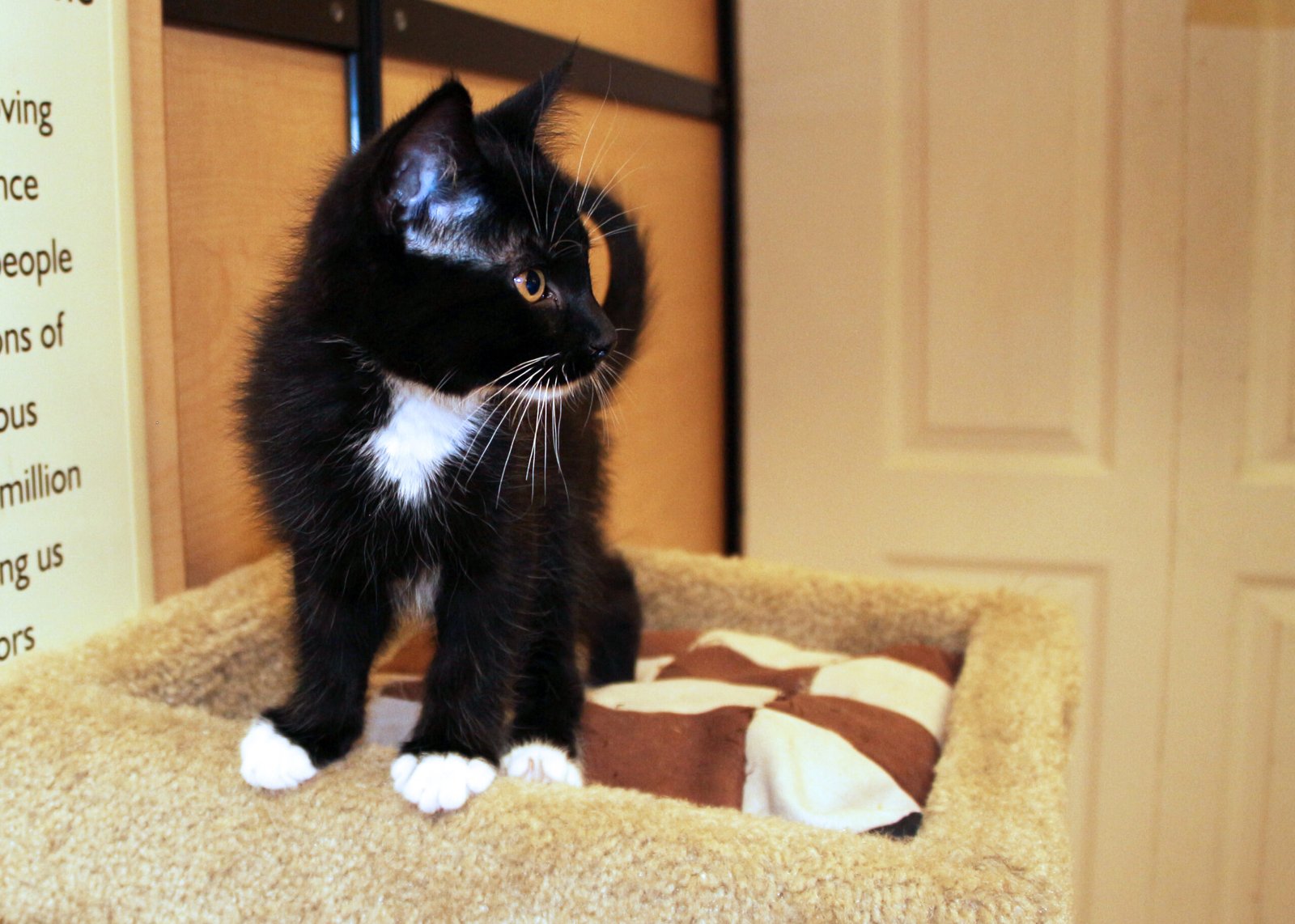
If you have multiple pets, encouraging gentle interactions between your grieving cat and their companions can be beneficial. These social interactions can remind your cat that they are not alone and help rebuild their sense of community. Ensure that these interactions are positive and that your cat feels comfortable and safe.
Patience and Understanding
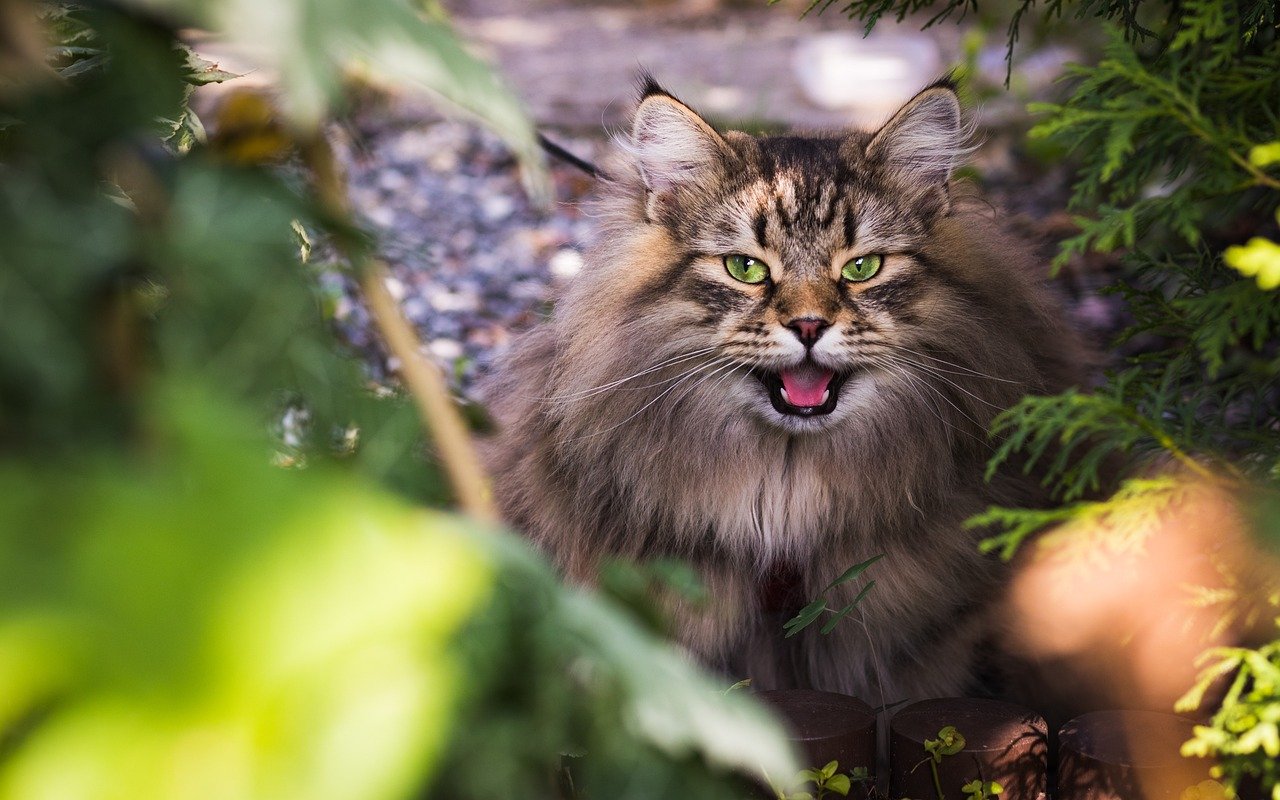
Grieving is a process that takes time, and it’s essential to be patient with your cat as they navigate their emotions. Understand that grief manifests differently in each individual, and there is no set timeline for healing. Offering your cat patience and understanding can make the journey less daunting for both of you.
The Importance of Physical Affection
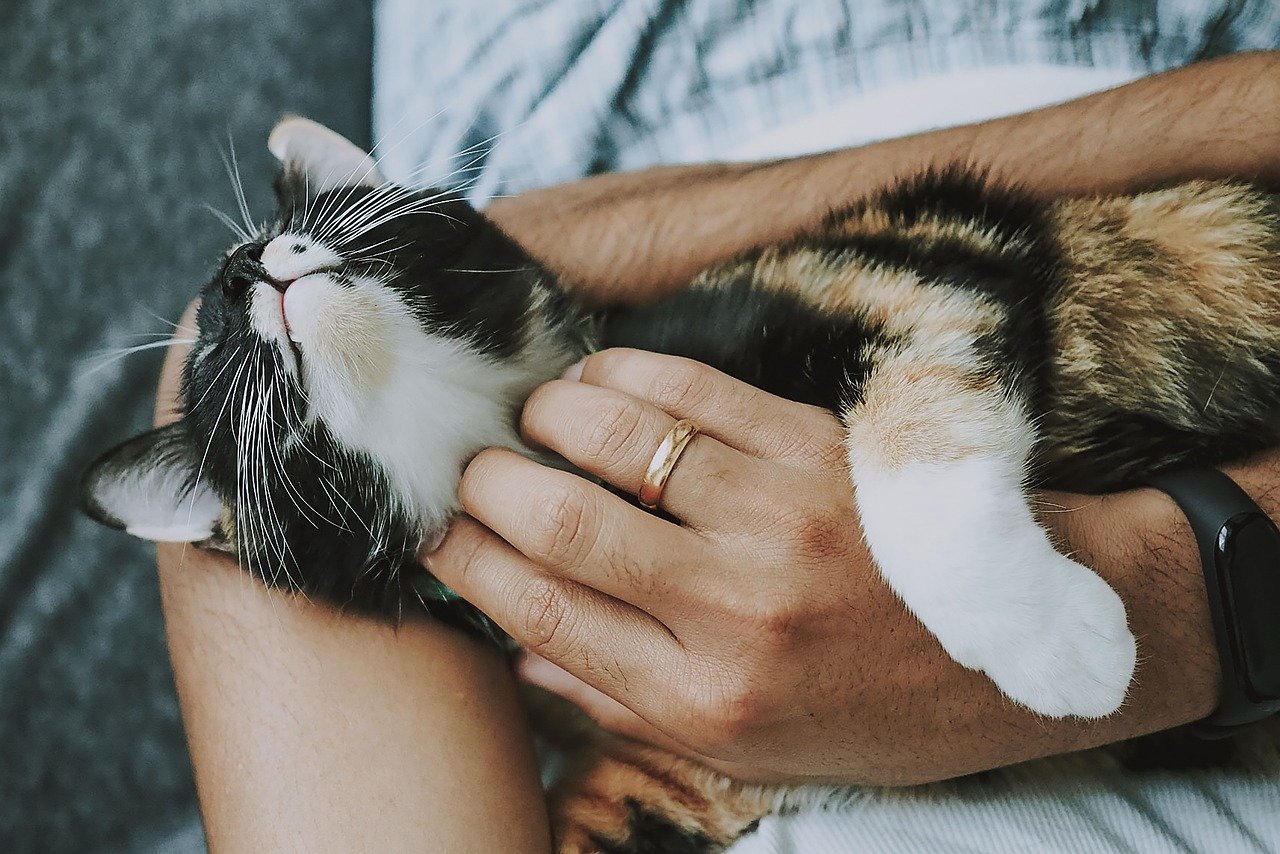
Physical affection can be incredibly comforting to a grieving cat. Gentle petting, brushing, or simply sitting beside them can convey your love and support. These acts of affection remind your cat that they are cherished and can help ease their emotional burden.
Observing Health Changes

Grief can sometimes lead to physical health changes in cats. It’s crucial to monitor your cat for any signs of illness or distress. If you notice persistent changes in behavior, appetite, or energy levels, consulting a veterinarian can ensure that your cat receives the care they need.
Using Calming Aids
Calming aids such as pheromone diffusers or herbal remedies can help reduce anxiety in grieving cats. These products mimic natural calming signals and can create a soothing atmosphere. While not a cure for grief, they can provide additional support during difficult times.
Seeking Professional Guidance
If your cat’s grief persists or worsens, seeking guidance from a professional animal behaviorist or veterinarian can be beneficial. These experts can offer tailored advice and strategies to help your cat cope with their emotions. Professional support can be an invaluable resource in your cat’s healing journey.
Understanding the Healing Process
Grieving is a personal journey, and each cat will navigate it in their own way. Understanding that healing is not linear can help you provide better support. Celebrate small victories and progress, knowing that each step forward is a testament to your cat’s resilience and strength.
Strengthening the Bond
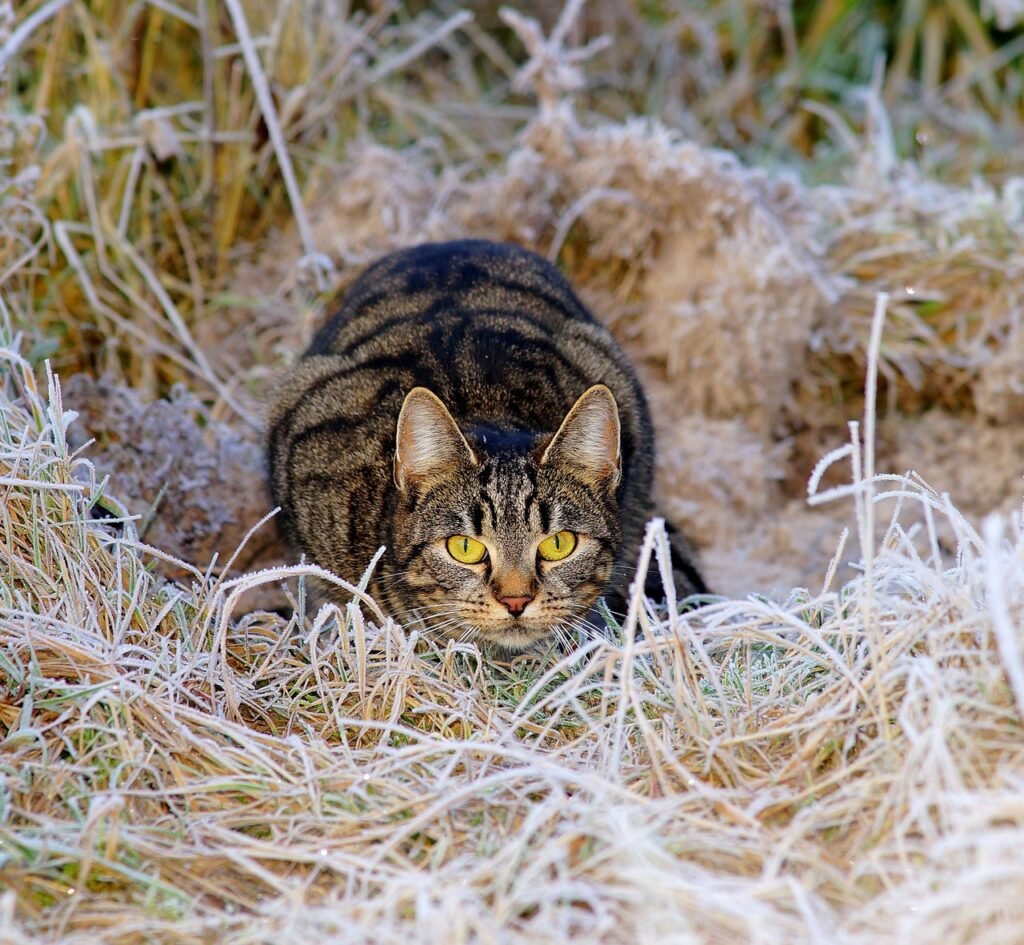
Supporting your cat through grief can ultimately strengthen the bond you share. By being present and attentive, you deepen your understanding of each other. This shared experience can cultivate a sense of trust and loyalty that enriches your relationship for years to come.
In conclusion, while cats may not express grief in the same way humans do, their emotions are just as valid and profound. By recognizing the signs of grief and providing thoughtful support, you can help your feline friend navigate their emotional landscape. Through patience, understanding, and love, you can guide your cat towards healing and renewal.
Hi, I’m Bola, a passionate writer and creative strategist with a knack for crafting compelling content that educates, inspires, and connects. Over the years, I’ve honed my skills across various writing fields, including content creation, copywriting, online course development, and video scriptwriting.
When I’m not at my desk, you’ll find me exploring new ideas, reading books, or brainstorming creative ways to solve challenges. I believe that words have the power to transform, and I’m here to help you leverage that power for success.
Thanks for stopping by, Keep coming to this website to checkout new articles form me. You’d always love it!






